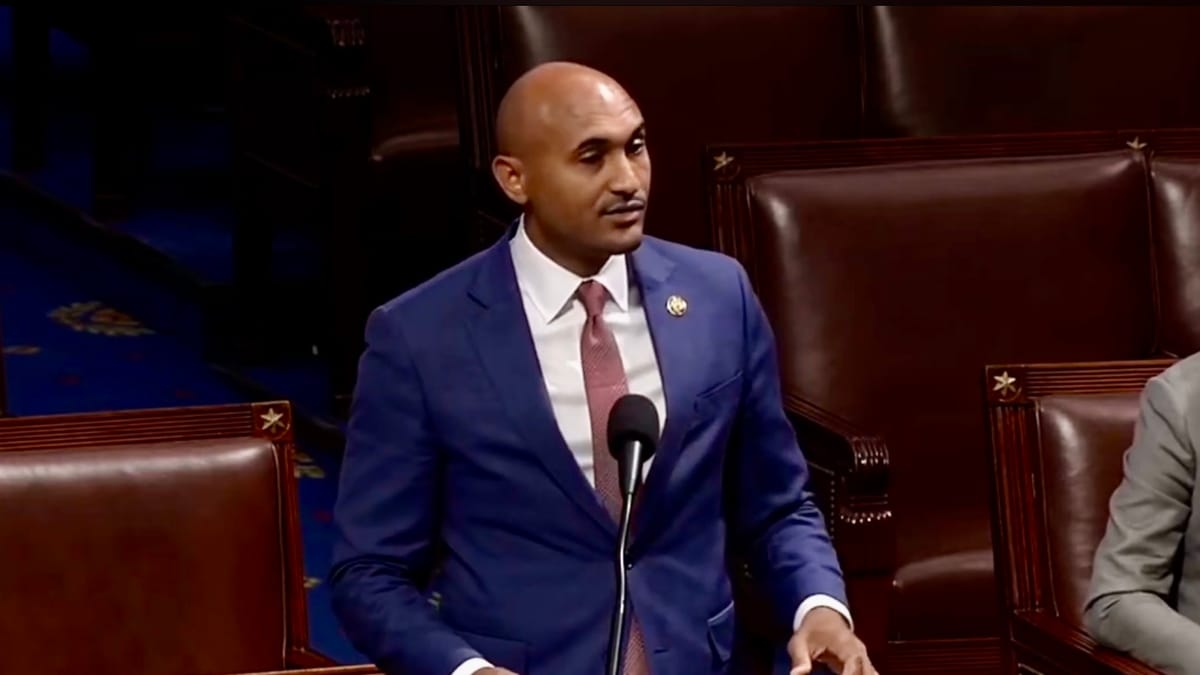Rep. Shomari Figures Urges GOP to Preserve SNAP, Medicaid on House Floor
“These programs are not luxuries, but lifelines”.

U.S. Representative Shomari C. Figures (D–AL2) took the House floor recently to challenge efforts by House Republicans to cut Medicaid and SNAP funding—programs he says are critical to millions of Americans, including constituents in Alabama’s 2nd District.
“My oath wasn’t just to this body,” Figures told lawmakers. “I pledged to the people of Mobile, Montgomery, Phenix City, Evergreen, Greenville… and to Toulminville, the neighborhood where I grew up.”
He highlighted stark local figures: roughly one in four households rely on SNAP, and over 200,000 Alabamians—nearly one-third of the state—are enrolled in Medicaid. Median individual income in his district stands at approximately $31,000.
“These aren’t just statistics,” Figures continued. “They’re children, seniors, working parents, people with disabilities… neighbors I went to school with.” He warned that cutting benefits forces families to choose between food, medicine, utilities or rent.
Figures further argued that reducing funding won’t reduce need—it will simply transfer costs to emergency services, local hospitals, and schools. He also noted SNAP’s economic impact, saying it supports local grocery stores and delivers a net positive return on the local economy.
He stressed that 61 percent of Alabama Medicaid recipients are part of the workforce, the remainder comprising children and people with disabilities. “These programs are not luxuries,” he argued, “but lifelines.”
Figures emphatically concluded, “Protecting SNAP and Medicaid is not about politics… It’s a question of priorities.”
Republicans counter that proposed cuts to Medicaid and SNAP aren’t about slashing essential services but about trimming waste, fraud, and abuse. They’ve suggested implementing work requirements—such as 80 hours per month for Medicaid recipients and stricter SNAP eligibility rules—as tools to promote self-reliance and ensure that benefits only go to those who truly qualify. Conservative lawmakers argue that the reforms are fiscally responsible, targeting inefficiencies in eligibility, provider payments, and undocumented use without undermining core aid for vulnerable groups. Senate Republicans also stress that they intend to protect vital services, claiming the measures will preserve care for the most needy while eliminating improper payments due to waste, fraud and abuse. However, some Republicans have acknowledged that deep Medicaid cuts risk derailing the bill.
Rep. Figures remarks may be viewed on YouTube, or below:




